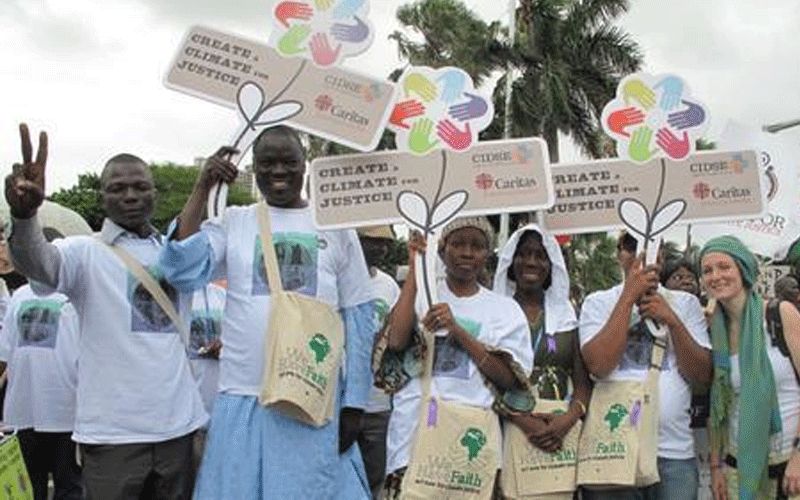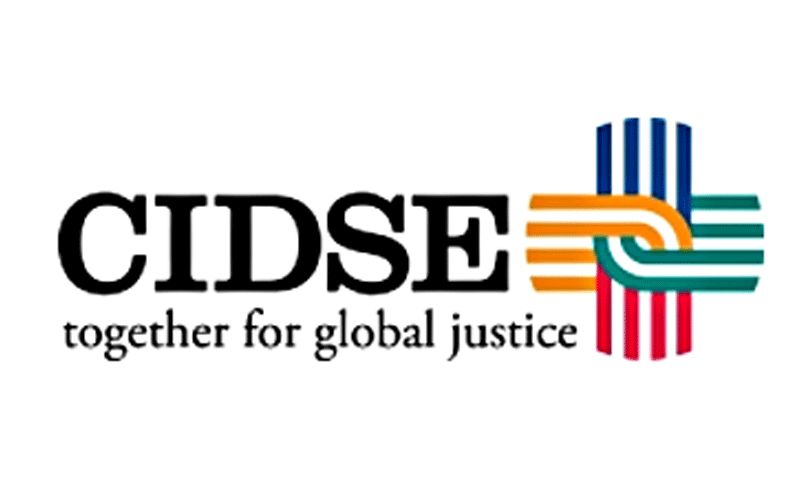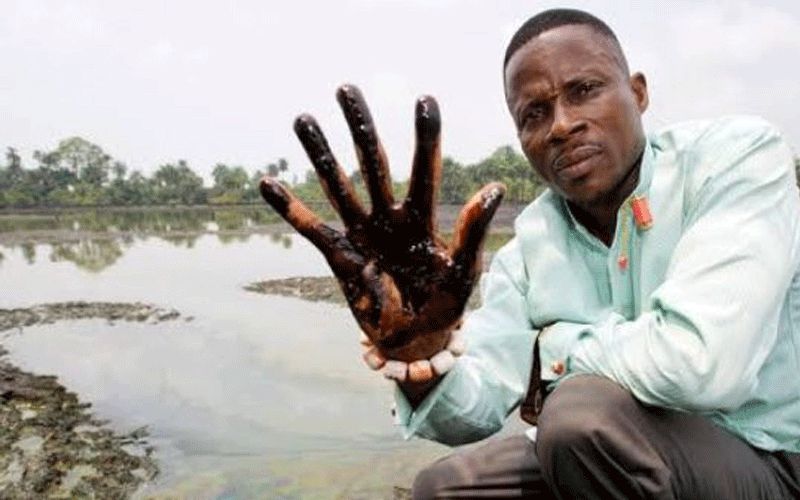They accuse the companies, which they refer to as “irresponsible”, for being complicit in gross human rights violations around the world, like forced and child labor.

“When environmental or social laws are jeopardizing profits, there is clear evidence that transnational companies sometimes threaten to sue States, using the Investor-State Dispute Settlement Mechanism,” the Bishops note.
They add, “This profit-driven system and the throwaway culture it brings needs to be challenged, now more than ever… As Bishops, we feel we have a moral and spiritual obligation to speak about the urgency of reordering the priorities during and in the aftermath of this crisis.”
The Bishops note that to counter the worrying situation, the United Nations, the European Union and states “have a unique opportunity to step up, by introducing effective and robust legislation that would establish mandatory human rights and environmental due diligence obligations for all companies.”
(Story continues below)
“Such legislation should improve access to courts for people affected by human rights violations, holding companies accountable for damages they have caused,” they say.
The Catholic leaders express their concern about existing legislation drafted by the United Nations Human Rights Council (UNHRC), which seem to be doing little to protect people and the planet from environmental destruction and human rights abuses from the multinational companies.
As a way forward, the Bishops appeal to all governments across the world “to uphold their obligations under international law to protect human rights and prevent corporate abuses.”

They also call for the formation of a mandatory and robust legislation, which they say will introduce mandatory environmental and human rights due diligence, “to identify, assess, stop, prevent and mitigate the risks and violations to the environment and all human rights throughout the supply chains of businesses.”
Such a legislation, the Bishops say, will improve the possibilities of affected people to claim for compensation in national civil courts.
The legislation, they say, will come in handy in protecting people against corporate human rights abuses such as land grabbing, the killing of human rights defenders, forced and child labor, gender-based violence, and environmental degradation and deforestation.
The Church leaders urge States around the world to actively participate in the UN negotiations for a legally binding instrument to regulate, in international human rights law, the activities of transnational corporations and other business enterprises.
“The existing system hurts people and the planet and we are called to do better,” the Bishops say in their collective statement, and add, “The coronavirus crisis should be taken as an opportunity to start a just transition and to put in place a new economic system that serves people and the planet first.”
Agnes Aineah is a Kenyan journalist with a background in digital and newspaper reporting. She holds a Master of Arts in Digital Journalism from the Aga Khan University, Graduate School of Media and Communications and a Bachelor's Degree in Linguistics, Media and Communications from Kenya's Moi University. Agnes currently serves as a journalist for ACI Africa.












